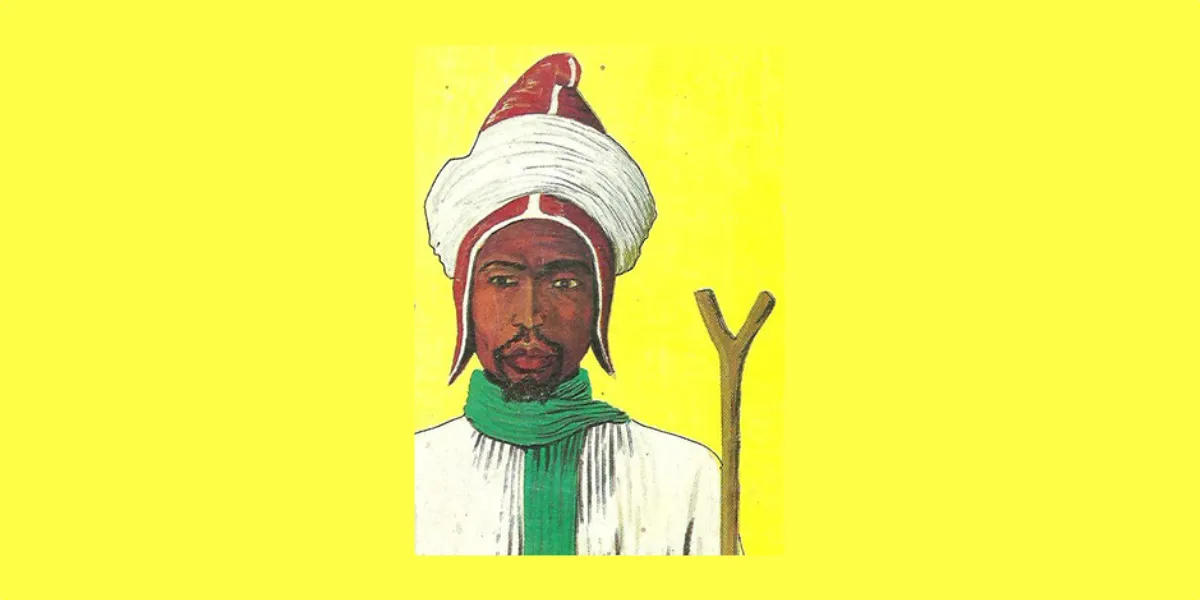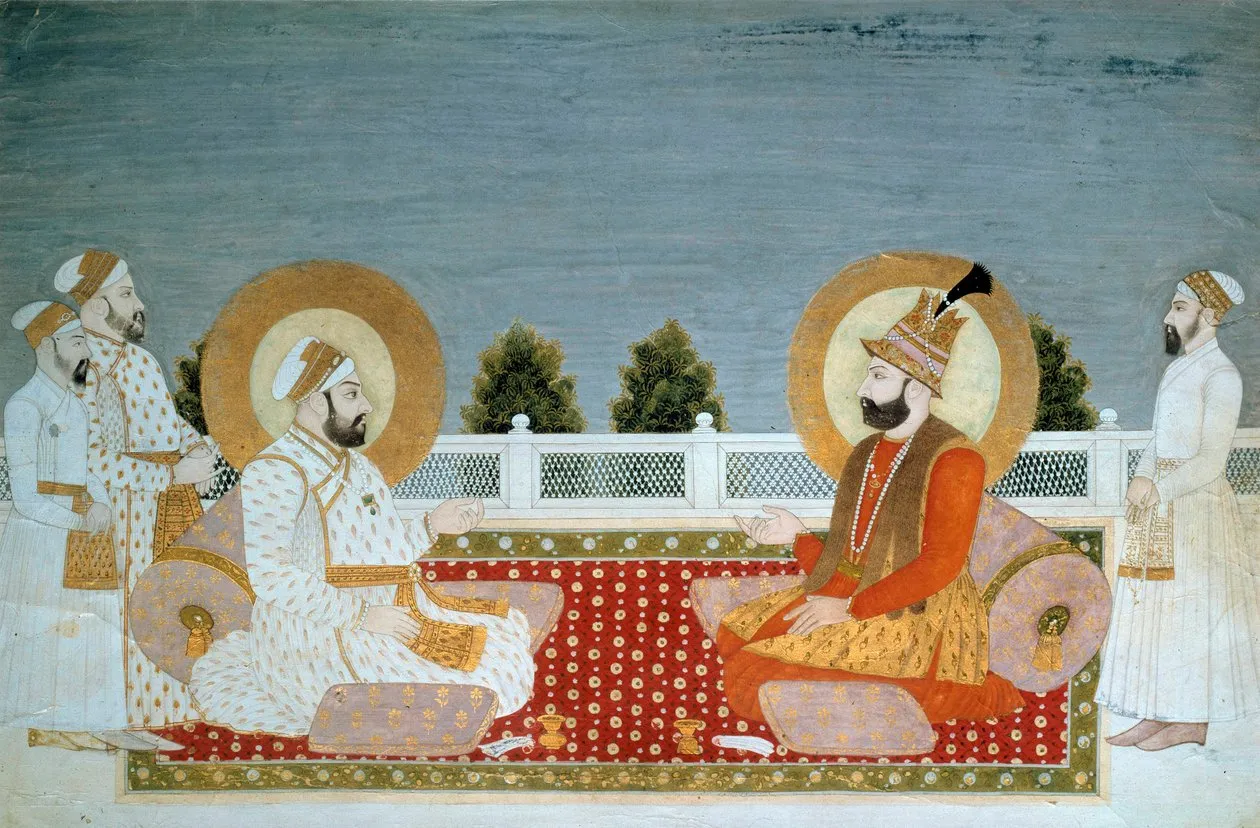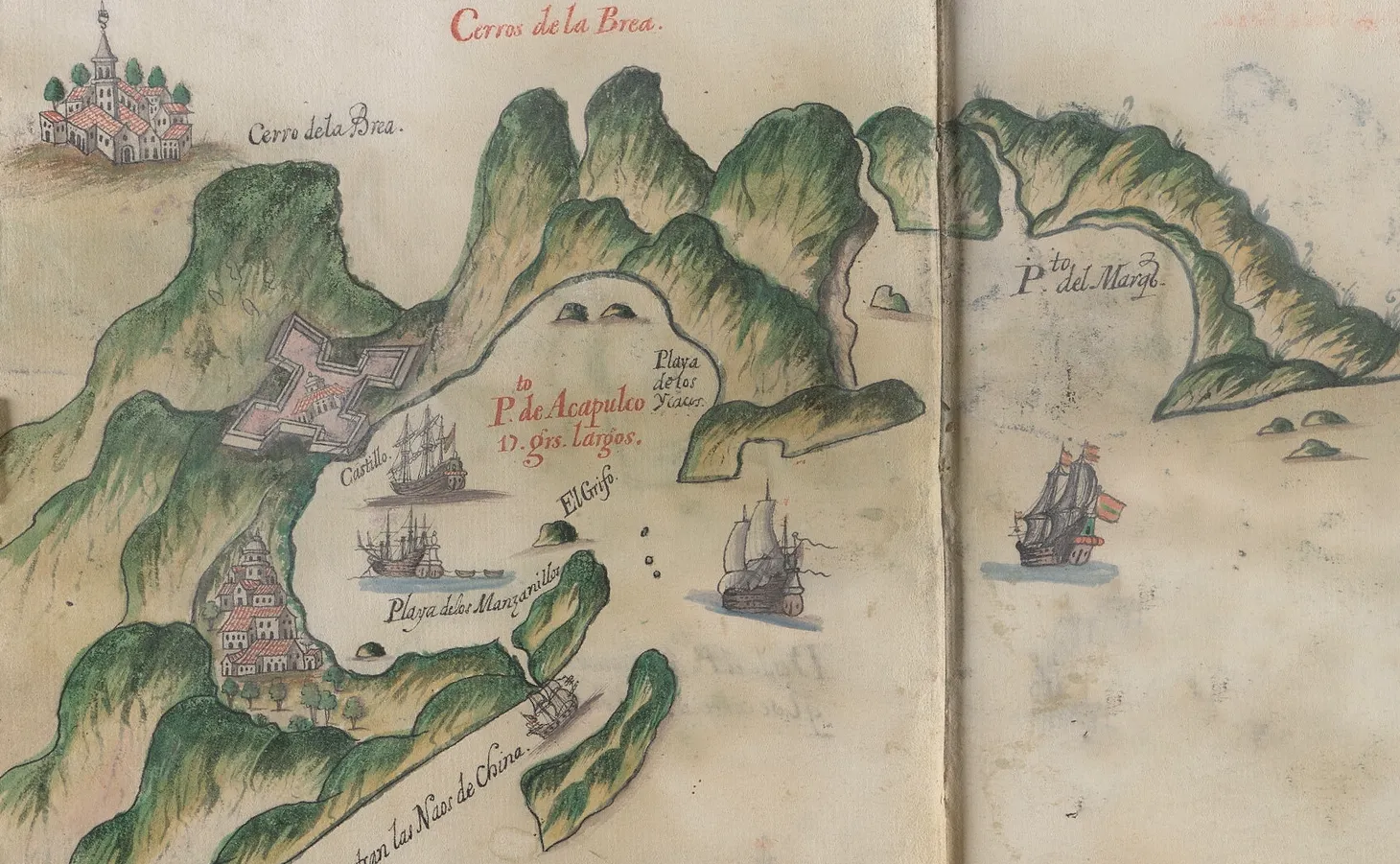“The Sacred Flame of Liberté”: Teaching the Revolution of the Haitian Revolution
A discussion of teaching the role of women and Toussaint Louverture in the Haitian Revolution.
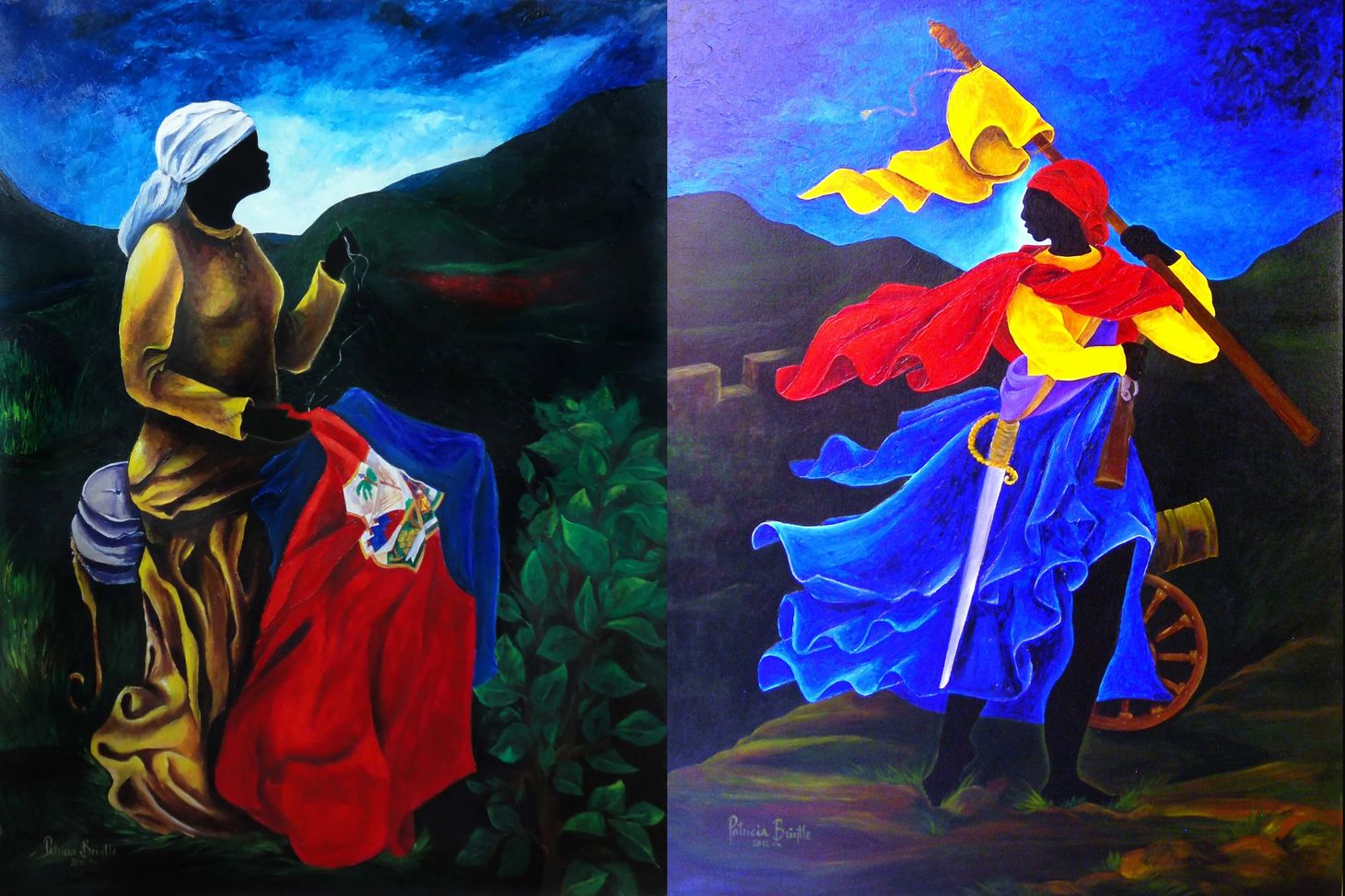
If the cause of the Haitian Revolution (the brutality of slavery) is easy for students to understand, the course of the revolution can be challenging to teach. The Haitian Revolution started as an insurgency by enslaved Africans around Le Cap and gradually spread to other parts of the colony of Saint-Domingue. As it spread, the revolution evolved from an uprising against the enslavers to a war for independence from France. During this evolution, the British and Spanish invaded Saint-Domingue, and fighting spilled over into neighboring Santo Domingo (present-day Dominican Republic). Numerous internal conflicts played out among the revolutionaries between 1791 and 1804.
Instead of having students attempt to keep track of the many participants in and evolutions of the conflict, I focus on having students understand a few key individuals and why the Haitian Revolution was the most radical of the Atlantic Revolutions. By focusing on a few speeches by Toussaint Louverture, students can learn the changing goals of the revolution. We can also have students explore the participation of women in the Haitian Revolution to understand how they contributed to the revolution’s radical nature.
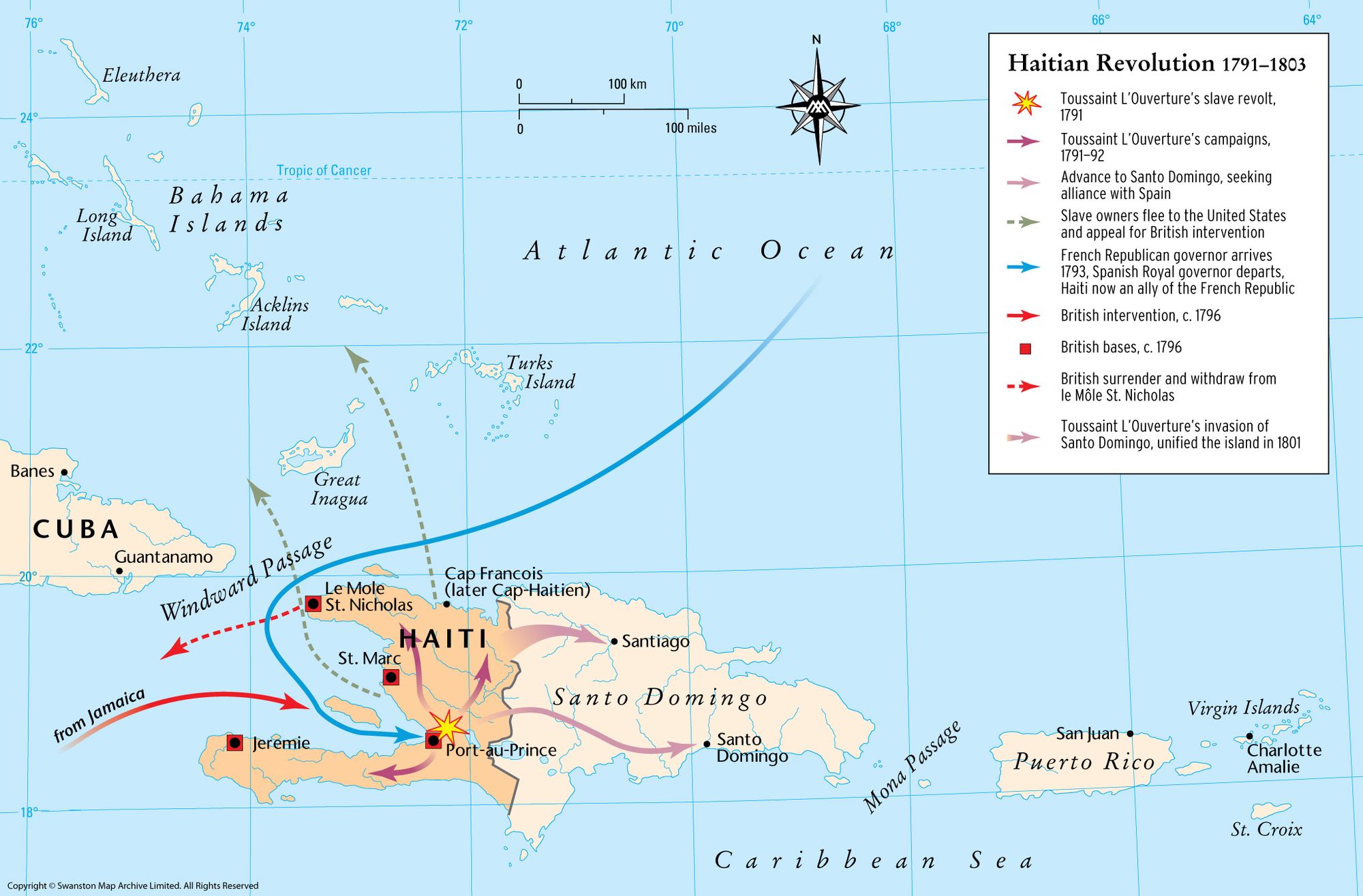
Approaching the Haitian Revolution
This content is for Paid Members
Unlock full access to Liberating Narratives and see the entire library of members-only content.
SubscribeAlready have an account? Log in

